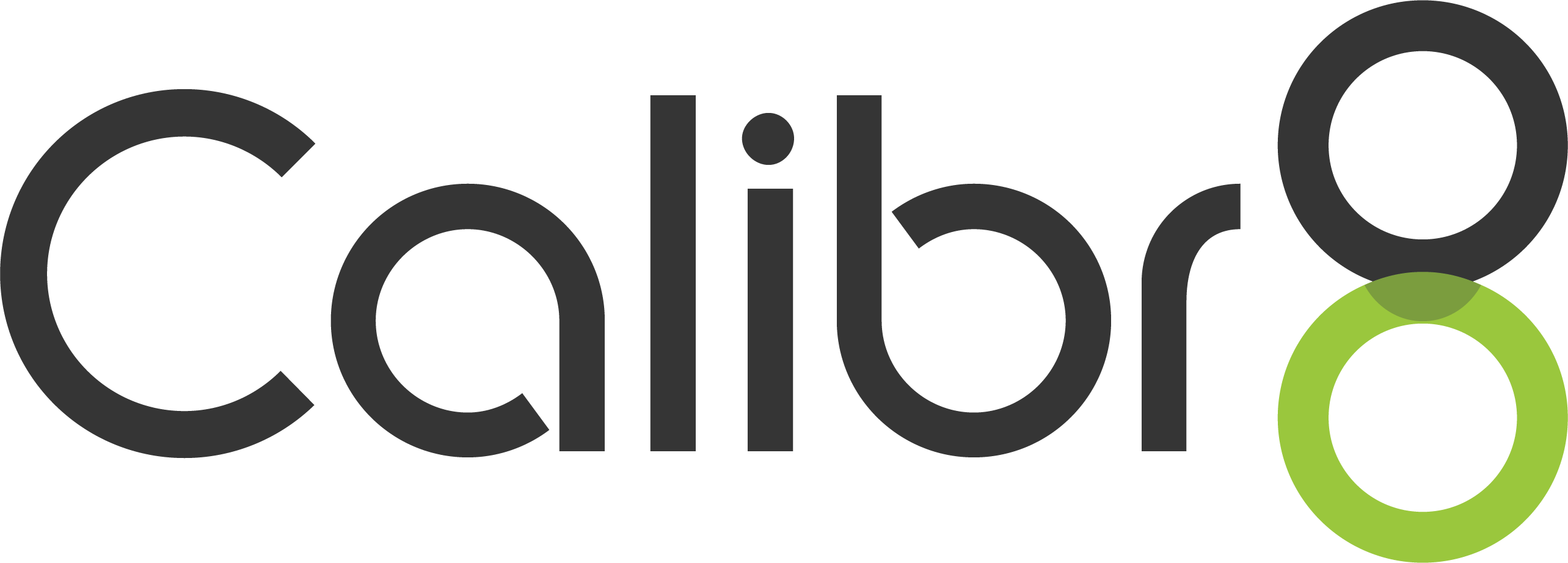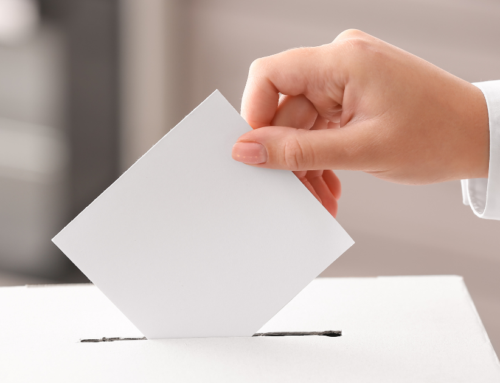Read time: 3 mins
In our latest Hudson Pacific–Logit Group Poll, we asked Americans to go beyond broad headlines and rank the top U.S. economic priorities using a MaxDiff tradeoff exercise. The results show overwhelming agreement on affordability—but also reveal sharp partisan differences in how people think the economy should be fixed.
Key Takeaways
-
Affordability is a universal concern: Reducing prices and inflation was the top priority for all political groups.
-
Partisan differences emerge beyond affordability: Republicans emphasize reshoring manufacturing, while Democrats and Independents prioritize housing.
-
Fairness over redistribution: Americans favor tax fairness over income inequality as a priority, highlighting discomfort with government-driven wealth redistribution.
What Americans Really Mean When They Say “Fix the Economy”
When asked about the most pressing national issues, Americans consistently rank “the economy” as a top concern. But what does that actually mean to people across the political spectrum?
To dig deeper, we used a MaxDiff tradeoff exercise, presenting respondents with nine specific economic issues and asking them to make tough choices. This approach forced prioritization and gave us a more accurate view of what matters most.
Affordability Is the Unifying Concern
Across party lines, reducing prices and inflation was the number one priority. Whether it’s groceries, rent, or gas, Americans are feeling the squeeze and want meaningful relief from rising costs.
Housing affordability followed closely, especially among Democrats and Independents. Republicans placed it third.
Diverging Priorities by Political Identity
While affordability unites the public, other economic priorities reveal stark partisan divides:
-
Republicans ranked bringing manufacturing back to the U.S. as their second most important issue. It fell to fifth for Independents and eighth for Democrats.
-
Tax fairness—ensuring everyone pays their fair share—ranked higher than reducing income inequality across all groups. This suggests a broad desire for fairness, but a reluctance to embrace more direct redistributive policies.
Why This Approach Matters
Traditional surveys often let people agree with everything—making it hard to separate strong preferences from general support. MaxDiff solves that by forcing tradeoffs, surfacing the true priorities people hold.
The data highlights that while Americans want action on the economy, they don’t always agree on what that action should look like—except when it comes to making life more affordable.
Final Thoughts
Talking about “the economy” in abstract terms obscures the diversity of opinion—and the shared concerns—that lie beneath. As this research shows, Americans want affordability, fairness, and long-term stability, even if the path to get there looks different depending on your political lens.








